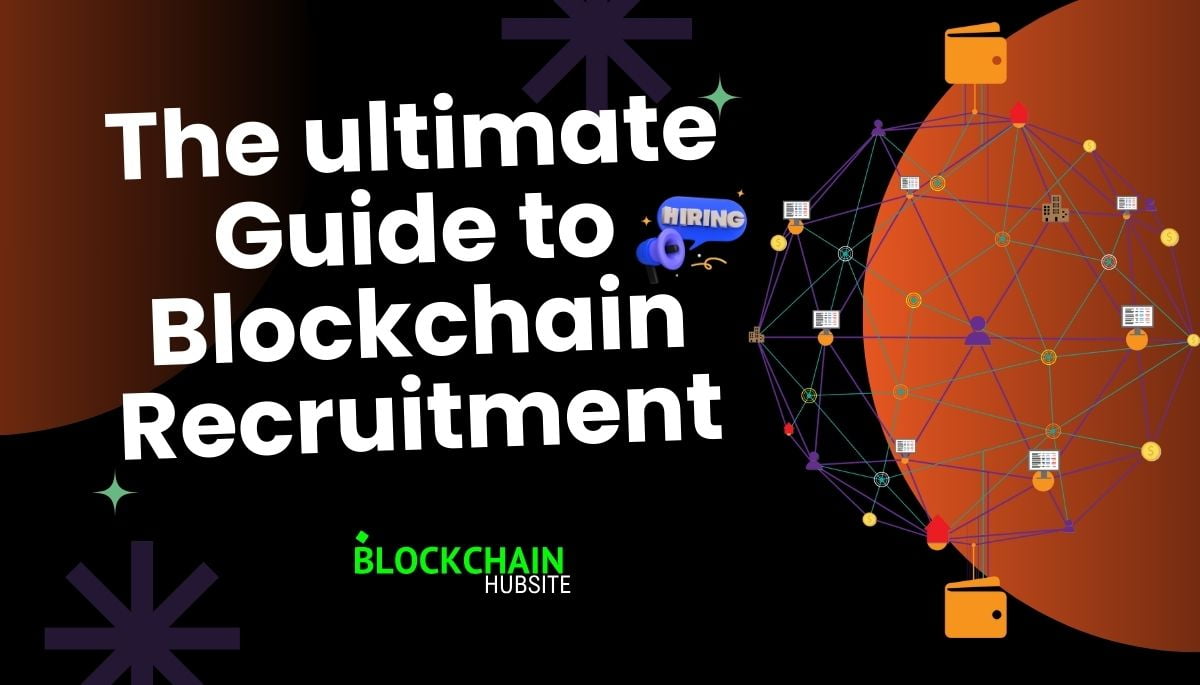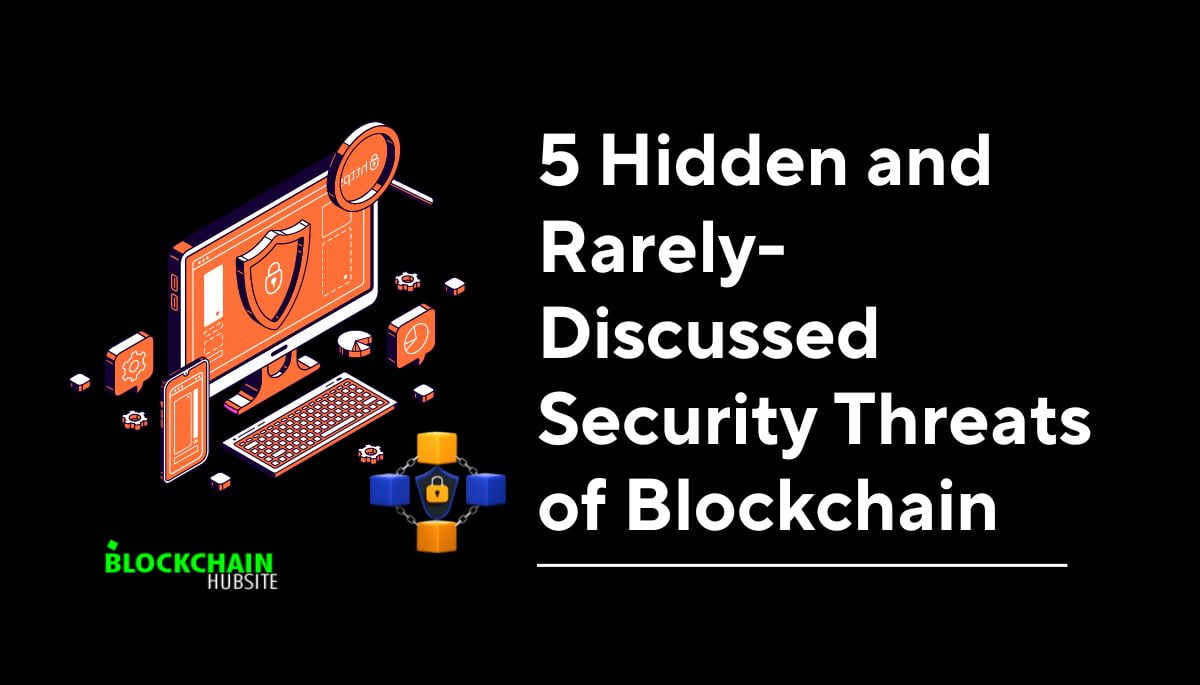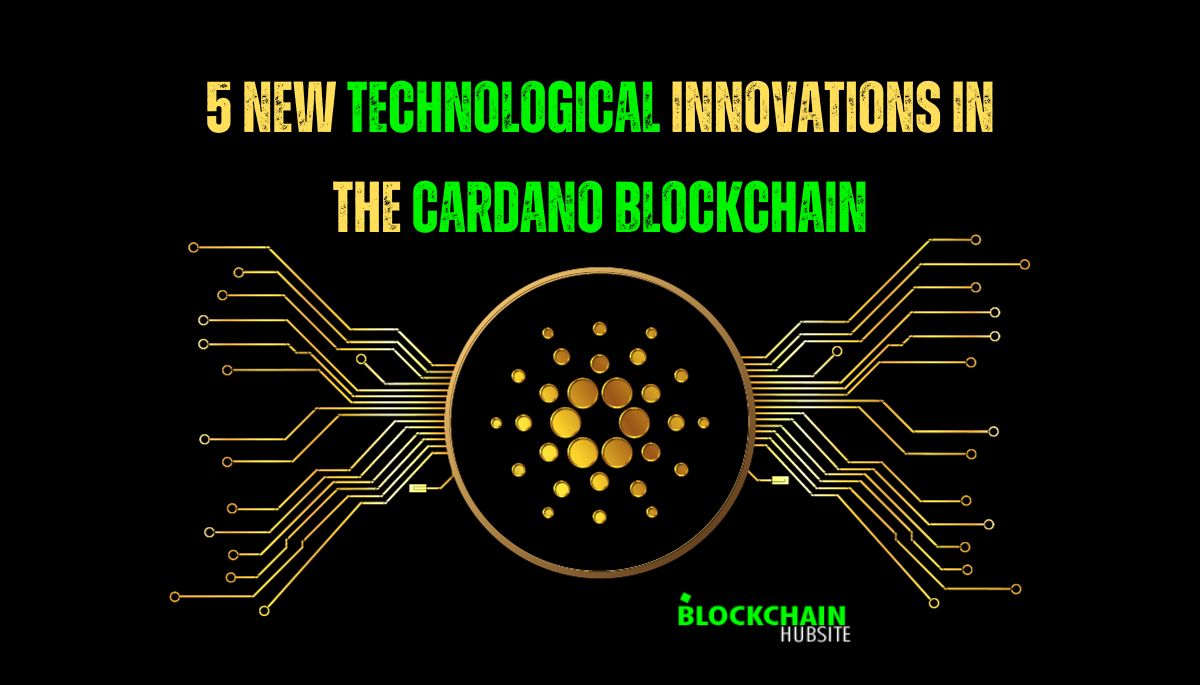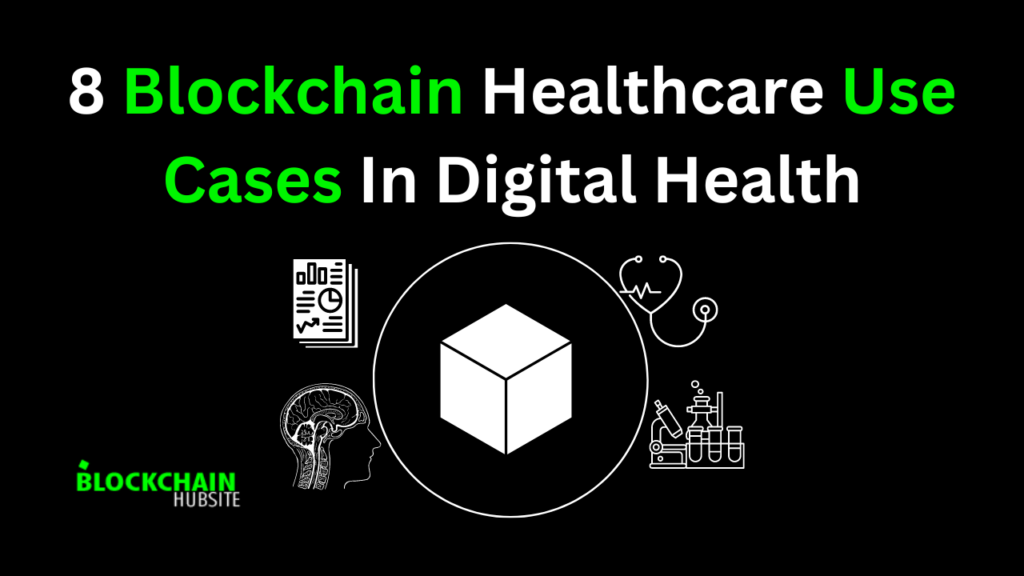Introduction

Since emerging from its cryptocurrency roots, blockchain technology has expanded to become a disruptive influence in many different sectors, including human resources. This decentralized technology has the potential to transform numerous corporate operations, including recruiting, with an anticipated global expenditure of $6.6 billion on blockchain solutions in 2021 and a predicted value addition of more than $176 billion by 2025.
Automating and streamlining a plethora of HR procedures, blockchain recruiting is poised to make them effective and impartial, from quick, trustworthy, and cheap background checks to more efficient onboarding of new hires. With this revolutionary solution, companies may streamline the process of finding prospects, organizing their applications, and properly distributing job offers.
Blockchain technology has the ability to revolutionize the banking industry, but it will also have far-reaching effects on HR. Blockchain recruiting has the potential to revolutionize talent acquisition and employment automation processes by utilizing the fundamental principles of decentralization, security, and transparency.
The article explores the complexities of blockchain recruitment, getting into its long-term effects, the reasoning behind its adoption, and how it solves problems with conventional recruitment techniques. Better, safer, and more fair hiring practices are on the horizon as more and more companies use this revolutionary technology.
Understanding Blockchain Recruitment

While remote employment has given businesses access to a larger pool of qualified applicants from all over the world, it has also made it more difficult for applicants living in other regions to check references and confirm information. Here’s where blockchain technology can offer a sophisticated approach to hiring in the new distributed workforce environment.
Blockchain is perfect for remote recruitment procedures since it provides a decentralized, transparent, and irreversible method to store and validate credentials and data. Blockchain technology allows companies to streamline the hiring process by automating various operations related to background checks and onboarding, independent of the candidate’s location.
Key Advantages of Blockchain in Recruitment

Secure Identity Verification
The verification of a candidate’s credentials and background information is one of the most significant issues in remote recruitment. Blockchain technology allows candidates to securely keep their personal information on a decentralized network. This includes their employment history, academic qualifications, and professional certifications. Employers may readily verify their background with this data because it is unchangeable and tamper-proof.
The use of blockchain technology guarantees that all candidate data is accurate and current while also doing away with middlemen. By simply accessing and verifying candidates’ credentials, companies can avoid wasting time and energy on manual verification processes.
Seamless Background Checks
Employing third-party providers for traditional background checks can be expensive and time-consuming, particularly when dealing with individuals located remotely. Blockchain technology now enables the decentralized and transparent conduct of background checks.
Integrating blockchain technology into hiring procedures allows companies to directly verify facts like criminal records, references, and other screening data through a decentralized network. This guarantees that the information is correct and up-to-date, while also eliminating the need for intermediaries.
The distributed ledger technology (blockchain) makes background checks more efficient and secure by preventing data tampering and storing it across numerous nodes in the network.
Unbiased Screening with Smart Contracts
When it comes to remote recruiting, one major benefit of blockchain technology is the potential to automate the first screening of applicants according to specified job requirements through the use of smart contracts. The immutability and self-executing nature of these smart contracts guarantee an objective screening procedure.
Programmers can program smart contracts to evaluate applicants based on criteria such as their educational background, professional experience, and skill sets, among others. This eliminates the possibility of human error and ensures a fair evaluation of candidates based on their skills and suitability for the job.
When the first round of screening is over, the smart contract may automatically sort the applicants into a shortlist and rank them, giving hiring managers a selection of strong candidates to consider further.
Efficient Onboarding
Blockchain technology can streamline the onboarding process after selecting a candidate. Employers can use blockchain technology to digitally sign and protect employment contracts, offer letters, and tax/payroll forms, eliminating the need for paper documents and their vulnerability to loss or manipulation.
Automating the onboarding process to ensure speed and efficiency is another use case for smart contracts. The blockchain network can safely and automatically carry out these kinds of functions, including background checks, document verification, and compliance checks.
Utilizing blockchain technology for onboarding allows businesses to drastically cut down on resources needed for the process while also guaranteeing the accuracy, security, and accessibility of all information.
Overcoming Remote Recruitment Challenges
When it comes to remotely analyzing and hiring from talent pools all around the world, blockchain technology solves a lot of problems with efficiency, security, and transparency. Its decentralized yet unified design enables companies to access top talent from around the world through a safe and fair hiring process.
Blockchain technology allows businesses to automate their remote hiring procedures, which in turn saves money and protects them from potential threats. Everyone may have faith in the hiring process since blockchain’s transparent and irreversible nature means that all recruitment-related data and transactions are secure, accurate, and easily verifiable.
Challenges in Blockchain Recruitment

Although blockchain has the potential to revolutionize recruitment and HR, there are significant obstacles that must be resolved as the use of this technology grows.
Scarcity of Skilled Professionals
A major obstacle is the scarcity of people possessing genuine proficiency in blockchain technology. Since blockchain technology is still in its infancy, there aren’t many seasoned experts with extensive backgrounds in actually creating and implementing blockchain applications and solutions.
Although there is a lot of excitement about blockchain, the majority of firms are still in the early stages of comprehending how to effectively utilize this technology. This poses a significant challenge in identifying people who possess concrete blockchain talents that go beyond just academic understanding.
KPMG’s research reveals that an astonishing 82% of business executives acknowledge a growing shortage of blockchain expertise, posing a significant risk. Roles such as blockchain developers, architects, and engineers are highly sought after and in short supply.
Difficulty Assessing Knowledge
Even when you find a qualified blockchain candidate, determining their actual skill and experience levels can be challenging. Currently, there is a lack of widely recognized standards or certificates for assessing proficiency in blockchain technology.
On their CVs, the majority of candidates mention having some experience with blockchain technologies like Hyperledger, Corda, or Ethereum. Assessing the extent of their practical experience in developing decentralized apps (dApps) and implementing blockchain deployments is exceedingly challenging using conventional interviews and skills assessments.
Employers face an elevated risk of making suboptimal recruiting choices when they mistakenly equate their theoretical understanding of blockchain with the actual competence needed to effectively implement blockchain solutions. It will be critical to accurately measure blockchain skill sets using demonstrated competencies.
In the absence of established blockchain training and certification programs, recruiters may encounter difficulties in accurately assessing candidates’ expertise in this complex field. This could stymie the widespread adoption of blockchain recruitment technology.
Examples of Blockchain Recruiting
Here are a few examples of blockchain implementation in the human resources field:
Decentralized Professional Profiles
A possible use of blockchain in the field of recruiting is the development of decentralized professional profiles for job applicants. The profiles would record a candidate’s career history, educational credentials, certifications, and other pertinent information on the blockchain network. This data would be immutable, clear, and readily verifiable by potential employers.
Candidates have the ability to manage access to their data and generate income by allowing employers to examine their profiles in exchange for a fee. This obviates the necessity for intermediaries and guarantees that candidates possess complete ownership and control over their professional information.
Assessment of skills and abilities
Platforms using blockchain technology can anonymously evaluate candidates’ abilities and capabilities, eliminating potential biases based on age, gender, or race. These platforms would utilize smart contracts to assess candidates’ qualifications, skills, and motivational factors while maintaining the confidentiality of personal information.
The implementation of such a system could effectively enhance diversity and inclusivity in the hiring process by ensuring that candidates’ assessments are solely based on their qualifications, without any influence from demographic attributes.
Verifiable academic qualifications
Employers can simplify the process of authenticating the legitimacy of a candidate’s degrees, diplomas, and certifications by using blockchain technology to establish unchangeable records of educational credentials. Educational institutions can issue digital credentials on the blockchain, eliminating the need for physical documents and reducing the risk of fraud or counterfeiting.
Employers may readily access and authenticate these credentials while hiring, simplifying the background check procedure and guaranteeing that candidates possess the required qualifications for the position.
Crypto-focused recruitment
Companies in the cryptocurrency and blockchain industries frequently need highly skilled professionals who possess specific knowledge in fields like cryptography, distributed systems, and smart contract development. Companies can use blockchain-based recruitment platforms to efficiently locate and employ highly skilled applicants who possess the necessary skills and knowledge.
These platforms have the potential to employ smart contracts to connect individuals with job opportunities based on their precise credentials and experience. Additionally, they may streamline the entire recruiting process, from initial screening to onboarding, by utilizing blockchain technology.
Decentralized job marketplaces
Blockchain technology facilitates the development of decentralized job marketplaces, allowing employers and candidates to directly engage with each other, eliminating the need for intermediaries or third-party job boards. These marketplaces would utilize smart contracts to streamline the entire recruitment process, encompassing job postings, applications, interviews, and hiring.
An automated system could eliminate the need for job searchers to distribute many resumes and search job listings because smart contracts would automatically pair them with relevant work opportunities according to their abilities and credentials.
These examples demonstrate how blockchain technology might potentially transform many aspects of the recruiting process by utilizing its transparency, security, and decentralized nature. This has the potential to make the process more efficient, fair, and safe for employers and candidates.
The use of blockchain digital technology in the recruiting sector has advantages for both HR professionals and employers. However, for this to be effective, it is crucial that the system encompasses a wide range of individuals and that the information it contains fosters mutual trust.
The integration of IoT and AI technologies should extend beyond the limits of blockchain. Perhaps it is premature to discuss the complete acknowledgement of distributed ledger technology’s function in recruitment. Nevertheless, there are existing operational initiatives in the HR blockchain domain, with a steadily increasing user base.
Final Remarks
The conventional recruitment procedure encounters obstacles such as confirming candidate information, completing background checks, and ensuring a fair and impartial hiring process. Blockchain technology provides a solution by utilizing its decentralized, transparent, and unchangeable characteristics.
Blockchain technology has the potential to optimize different areas of the recruitment process, like ensuring secure identity verification, conducting seamless background checks, implementing unbiased candidate screening, and facilitating quick onboarding. Decentralized professional profiles, talent assessments based on smart contracts, and verifiable educational qualifications help mitigate fraud risks and encourage diversity.
Crypto-centric recruiting platforms address the specific talent requirements of the blockchain industry, while decentralized job marketplaces enable direct communication between employers and candidates, removing the involvement of third-party intermediaries.
The increased use of blockchain technology will have a greater impact on the recruitment process. By using blockchain technology, companies can safeguard their talent acquisition process, guaranteeing security, impartiality, and efficiency in hiring, which in turn attracts talent from around the world.
Although the complete integration of blockchain technology into the recruitment process is still in its early stages, the potential advantages it offers are undeniable. The recruitment environment is on the verge of a significant shift towards transparency, trust, and innovation as the revolutionary capabilities of this technology gain more recognition.




